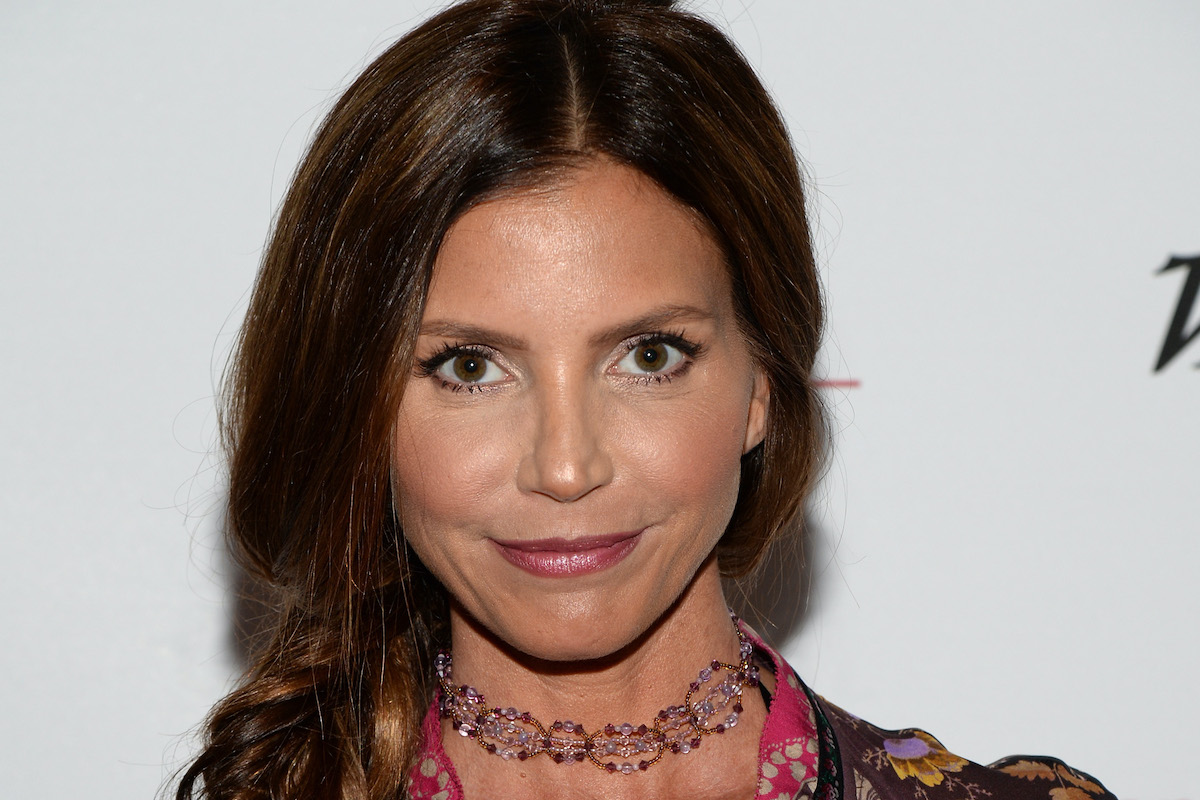Last month, Charisma Carpenter released a statement detailing Joss Whedon’s allegedly abusive on-set behavior. The actress, who played Cordelia Chase on Buffy the Vampire Slayer and Angel, wrote “Joss has a history of being casually cruel. He has created hostile and toxic work environments since his early career. I know because I experienced it first-hand. Repeatedly.”
Carpenter decided to speak out in support of actor Ray Fisher, who called Whedon’s behavior on the set of Justice League “gross, abusive, unprofessional, and completely unacceptable.”
Since speaking out, Carpenter has received support from most of her female cast members, and a handful of male ones. Now, she has penned an essay for the Hollywood Reporter on how to be an ally to abuse survivors.
Carpenter writes that she was inspired to pen the guest column after receiving an outpouring of support. “The truth is that while the inundation of comments and calls were rooted in good intentions, some still fell short. It dawned on me that many may not know how to be an ally or to best support a survivor of trauma. I’m regrettably all too familiar with experiencing physical and mental abuse.”
Carpenter then details her harrowing history of physical, mental, and emotional abuse, and how she wants to transform her experience into action. “I shared my experiences about my former boss, Joss Whedon, so that we may identify a very real problem that is still happening 20 years later. My open letter is not just trauma unpacking or dumping. It’s a wake-up call. And a call to action. It was written in a concerted effort to foster change.” She added, “So it is my aim to help educate anyone reading this on how to be an ally and support a person who has survived trauma in its many incarnations.”
While Carpenter notes that she is not a licensed therapist, she draws from her experience in therapy and overcoming abuse to share what she think are important points to remember in allyship. She discusses empathetic listening to survivors, writing “Questioning someone’s experience when it is not a part of a formal investigation is insensitive and signals that you, the judge, need more evidence to evaluate what you are being told is truthful. Just listen. Be empathetic. Be a safe person.”
She also calls out the common narrative of telling survivors to “just get over it” or “rise above” their abuse, noting that, “Justice for the abused is an integral part of the healing process.” She also advises believing survivors and not playing devil’s advocate or victim-splaining over someone’s experience.
The essay also touches on common misconceptions about abuse, like mental abuse not being “as bad” as physical abuse, or blaming victims for staying in abusive situations. She also calls out the importance of recognizing microaggressions for how damaging they are, and the importance of consequences culture over “cancel culture.” She urges journalists to ditch the phrase “sexual misconduct,” writing “Headlines often describe acts of rape, assault or drugging victims as ‘sexual misconduct.’ It is not ‘misconduct.’ These behaviors are predatory and criminal. They should be labeled accordingly. Call the thing, the thing.”
Carpenter ends her essay by urging the industry to keep hiring survivors who speak out. “Nothing is more isolating and scary than having your ability to feed your family taken away. This fear holds people hostage to their suffering and supports a broken system. Stop labeling victims of abuse as the ones who are problematic. The abuser is problematic—not the abused.”
(via THR, featured image: Michael Kovac/Getty Images for AltaMed)
Want more stories like this? Become a subscriber and support the site!
—The Mary Sue has a strict comment policy that forbids, but is not limited to, personal insults toward anyone, hate speech, and trolling.—










Published: Mar 9, 2021 03:51 pm